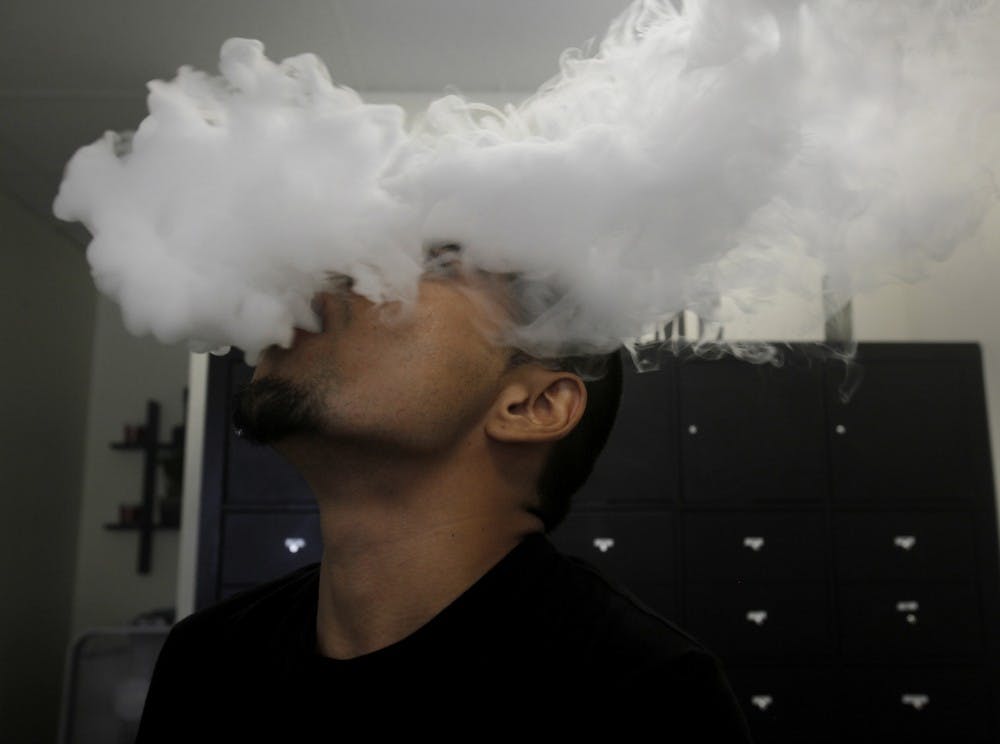This article has been updated at 3:18 p.m. on Jan. 18, 2019, to clarify areas affected and not affected by the town of Elon's new smoking ordinance.
Smoking, vaping or carrying a lighted tobacco product will be more tightly restricted in the town of Elon after the Board of Aldermen approved updated Code of Ordinances at Tuesday night’s board meeting.
The revised ordinance bans smoking in all town-owned buildings, on all town-owned grounds, as well as on sidewalks and streets in downtown Elon.
The ordinance, however, does not affect privately owned homes, vehicles, businesses or land, nor does it apply to sidewalks or streets outside of downtown.
Violators can face a penalty of up to a $50 fine, but new town of Elon Police Chief Kelly Blackwelder said her department would initially be more focused on educating residents and visitors about the new ordinance.
"It is going to be a little difficult at first," Blackwelder said. "I see a lot of verbal warnings."
Blackwelder stressed that her officers would enforce all smoking products. This includes Juuls, hookah pens and e-cigarettes with or without tobacco.
According to Kathleen Patterson, downtown development administrator for the town, downtown is defined by the six blocks between Manning Avenue and North Williamson Avenue, from the train tracks to the Circle K convenience store. The ordinance would affect sidewalks and streets outside of popular spots such as Oak House, The Root, MaGerks Pub and Grill and Mediterranean Deli.
As a private entity, Elon University is not directly affected by the town’s ordinance. However, the university’s existing smoking policy forbids smoking in all indoor facilities and Rhodes Stadium, as well as within 30 feet of any university building.
As part of its education efforts, the town plans to put up no-smoking signage in prohibited areas, as well as setting up designated smoking areas.
Areas in the town where smoking is prohibited, the town will be putting up no smoking signs.
Other North Carolina communities have enacted similar smoking bans. The town of Chapel Hill, home of the University of North Carolina, has a similar initiative to enforce no-smoking in public places.
Blackwelder said she thinks some business owners downtown are concerned this will decrease foot traffic into their businesses. But overall, Blackwelder emphasized her office wanted to focus on educating residents of the new policy over handing out fines.
"Our officers are good decision-makers, good thinkers," Blackwelder said. "I think they can get the message across through education."
If citizens do get a fine for smoking and do not pay it within 10 days, they could risk more severe charges.


